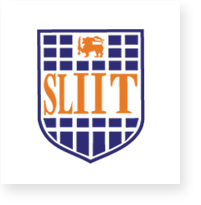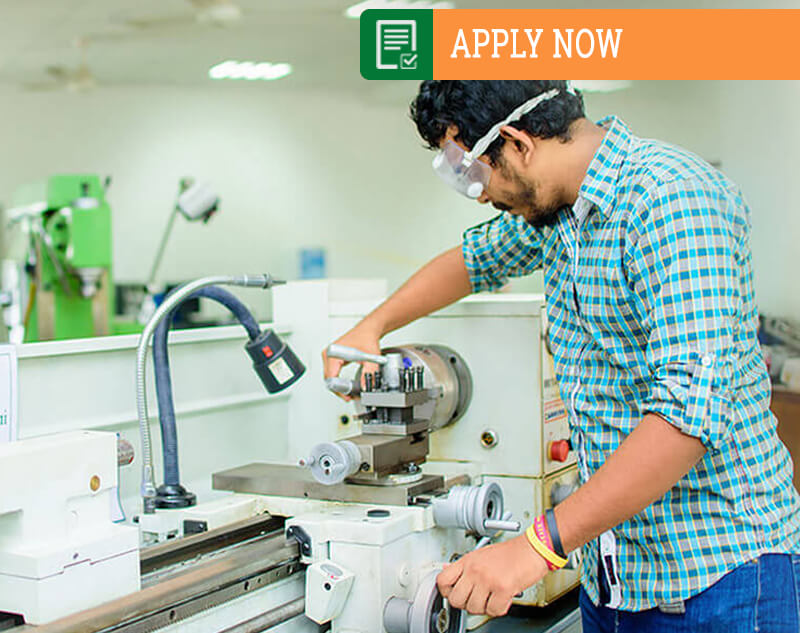Mechanical engineering is the study and development of machines and systems that have useful applications. Mechanical engineers apply the principles and problem solving techniques of engineering from design to manufacture and marketplace for any product or solution. Mechanical engineering involves systems that use principles of motion, energy, and force ensuring the designs to function safely, efficiently, and reliably at a competitive cost. It is a highly diversified field of engineering.
It involves areas such as mechanics, thermodynamics, combustion and energy systems, aerodynamics and fluid mechanics, design and manufacturing and mechatronics. The mechanical engineering degree has a set of state-of-the-art subjects intended to provide the required knowledge and hands-on skills. The degree program includes lectures, labs, engineering design work and projects. The Mechanical curriculum has been designed in consultation with the industry and academic experts in the field. Hence, the graduates could pursue careers in both academia and industry.















